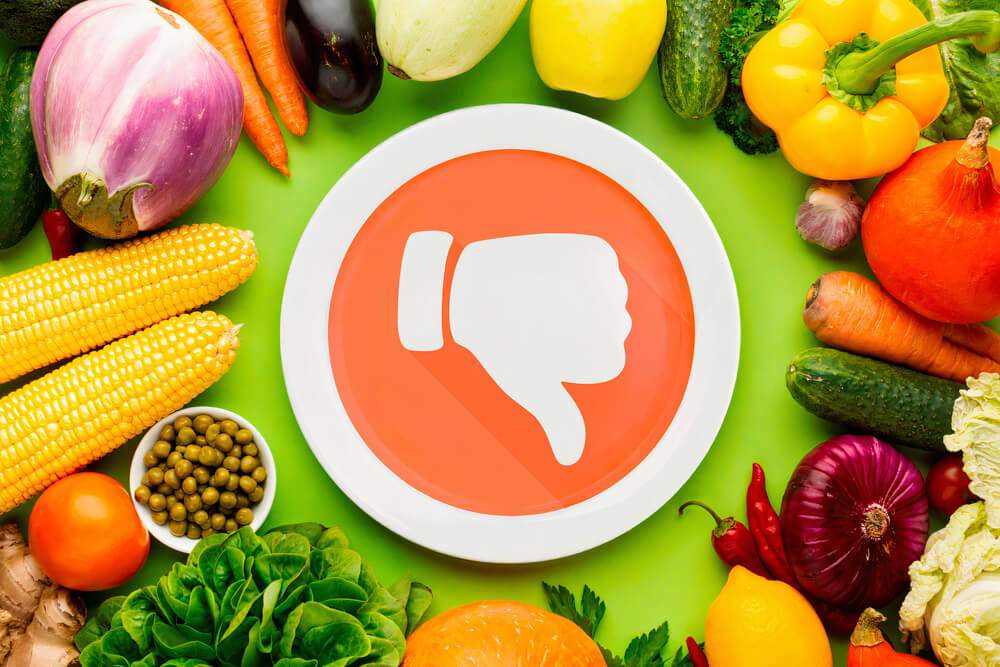Disadvantages of the ketogenic diet

➤ Electrolyte imbalance is one of the main issues as you can get hypokalemia if you don’t consume the right types of foods that are rich in potassium as ketosis is known to cause diuresis to lose water which takes with it electrolytes.
➤ If the ketogenic diet is followed for a long time with too much carb restriction this can be harmful as the high content of lipids can increase your triglycerides and LDL cholesterol levels greatly in the blood leading to atherosclerosis and heart disease which is contradictory to the purpose of the diet
➤ Many people reported having symptoms of flu-like headache, fatigue, lightheadedness, and diarrhea what is known as the keto flu but it usually resolved in about 7 to 10 days especially if your original diet was mainly dependent on carbs as the main source of fuel
➤ Keto breathe is a distinct smell or odor in the mouth that is very similar to nail polish remover or a fruity smell in their mouth from ketone utilization which requires keeping good oral hygiene throughout the diet
➤ Many people suffer from vitamin and minerals deficiencies as they approach the diet in a non nutritionally balanced way and they require additional supplementation and a wider variety of fruits and vegetables to get more antioxidants, vitamin B12, and fibers
➤ Much of the fiber content from starchy food is restricted leaving behind insoluble fibers which absorb more water to be processed which leads to constipation frequently and this can be avoided by regularly exercising and adding more foods with fiber content in them.
➤ The low protein ratio compared to fats in the keto diet can lead to a significant loss in lean muscles as you lose weight fast and when you stop the diet and start eating normally you mostly regain the weight in the form of fat, not lean muscles.
➤ Diabetics on insulin secretagogues like sulfonamides could suffer from hypoglycemic episodes if they lower the carbs content too much in their diet.
➤ There is a difference between ketosis which is the goal of the keto diet and pathological ketoacidosis in which the ketone production exceeds the body’s ability to eliminate those excess ketones. ketoacidosis is noticed when the ketone body level is more than 10mmol/l which is commonly a complication of type 1 diabetes but in ketosis, the ketone bodies level doesn’t exceed 3 mmol/l, that is why this diet is not recommended for people who suffer from type 1 diabetes as their disease can deteriorate fast.
➤ It is not suitable for people with gall bladder disorders as it increases their chances of cholecystitis and gall bladder stones.
➤ The big amount of proteins in this diet and purines can lead to hyperuricemia and gout with bone pain and inflammation
➤ Hypercalcemia can also lead to kidney stone formation.


